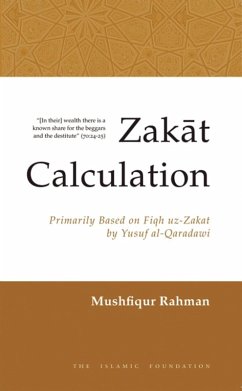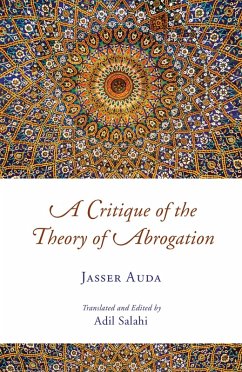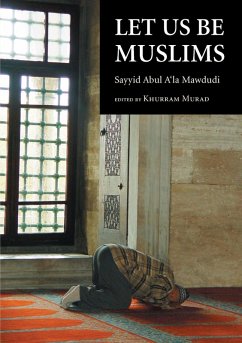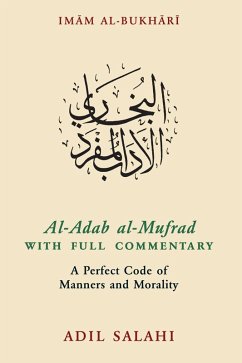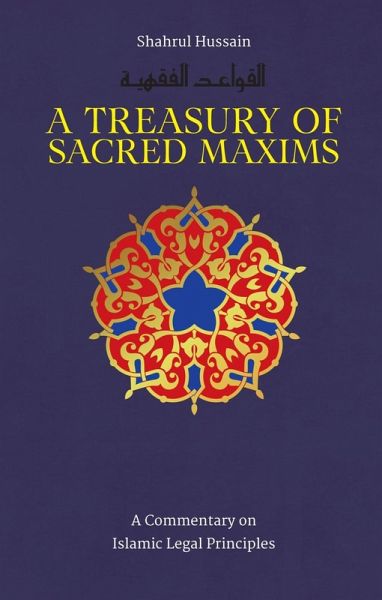
A Treasury of Sacred Maxims (eBook, ePUB)
A Commentary on Islamic Legal Principles

PAYBACK Punkte
2 °P sammeln!
This beautiful collection discusses the legal and moral implications of some fundamental Islamic principles. With an emphasis upon concision and concentration of meaning each aphorism, and its accompanying commentary, is full of value and significance.Dr. Shahrul Hussain is Lecturer in Islamic Studies at Markfield Institute of Higher Education, United Kingdom. He studied classical Islamic studies and Arabic before attending the University of Al-Azhar, Cairo, Egypt, where he graduated from the Faculty of Islamic Jurisprudence and Law in 2001. In 2010 he completed his PhD at the University of Ab...
This beautiful collection discusses the legal and moral implications of some fundamental Islamic principles. With an emphasis upon concision and concentration of meaning each aphorism, and its accompanying commentary, is full of value and significance.
Dr. Shahrul Hussain is Lecturer in Islamic Studies at Markfield Institute of Higher Education, United Kingdom. He studied classical Islamic studies and Arabic before attending the University of Al-Azhar, Cairo, Egypt, where he graduated from the Faculty of Islamic Jurisprudence and Law in 2001. In 2010 he completed his PhD at the University of Aberdeen, Scotland.
Dieser Download kann aus rechtlichen Gründen nur mit Rechnungsadresse in A, D ausgeliefert werden.




